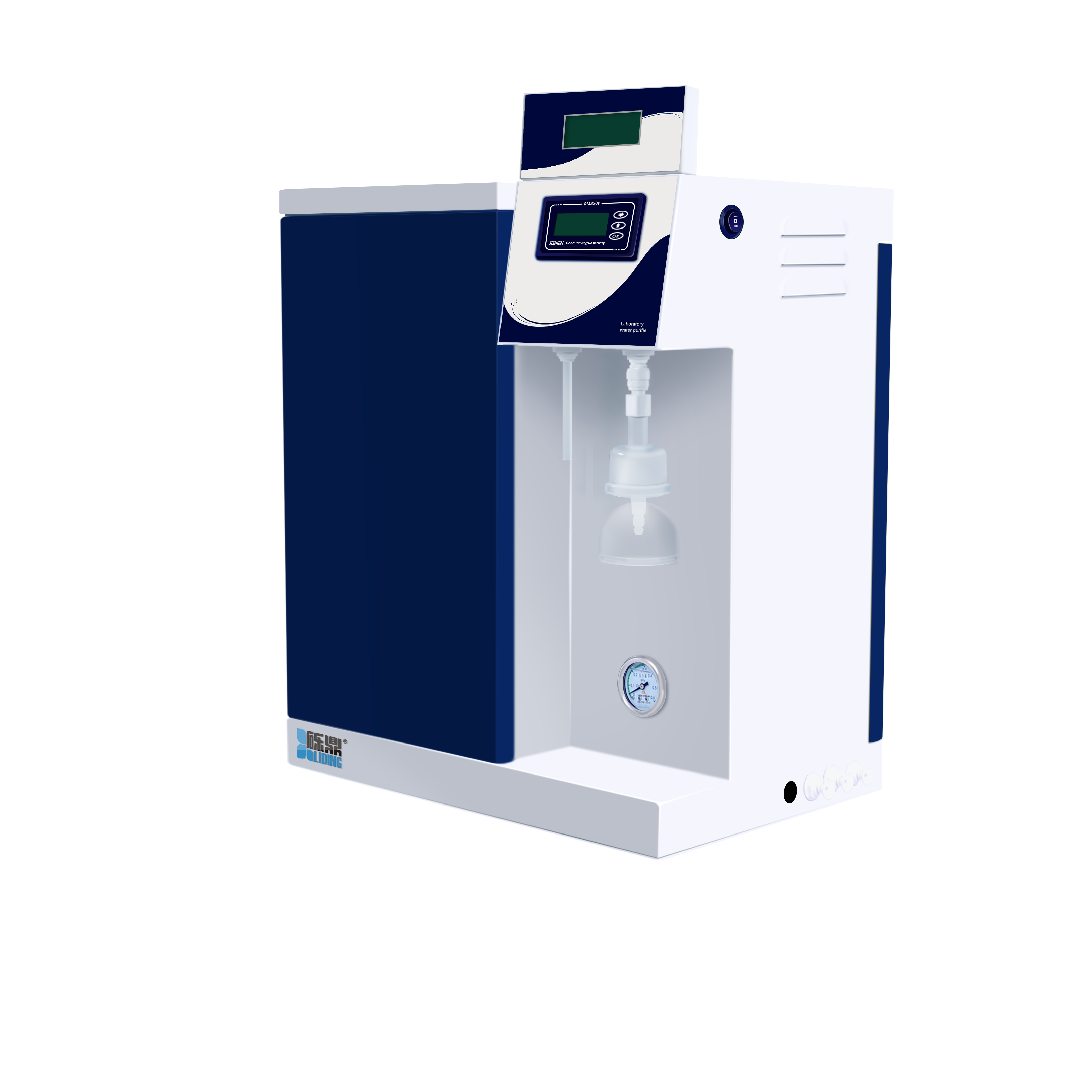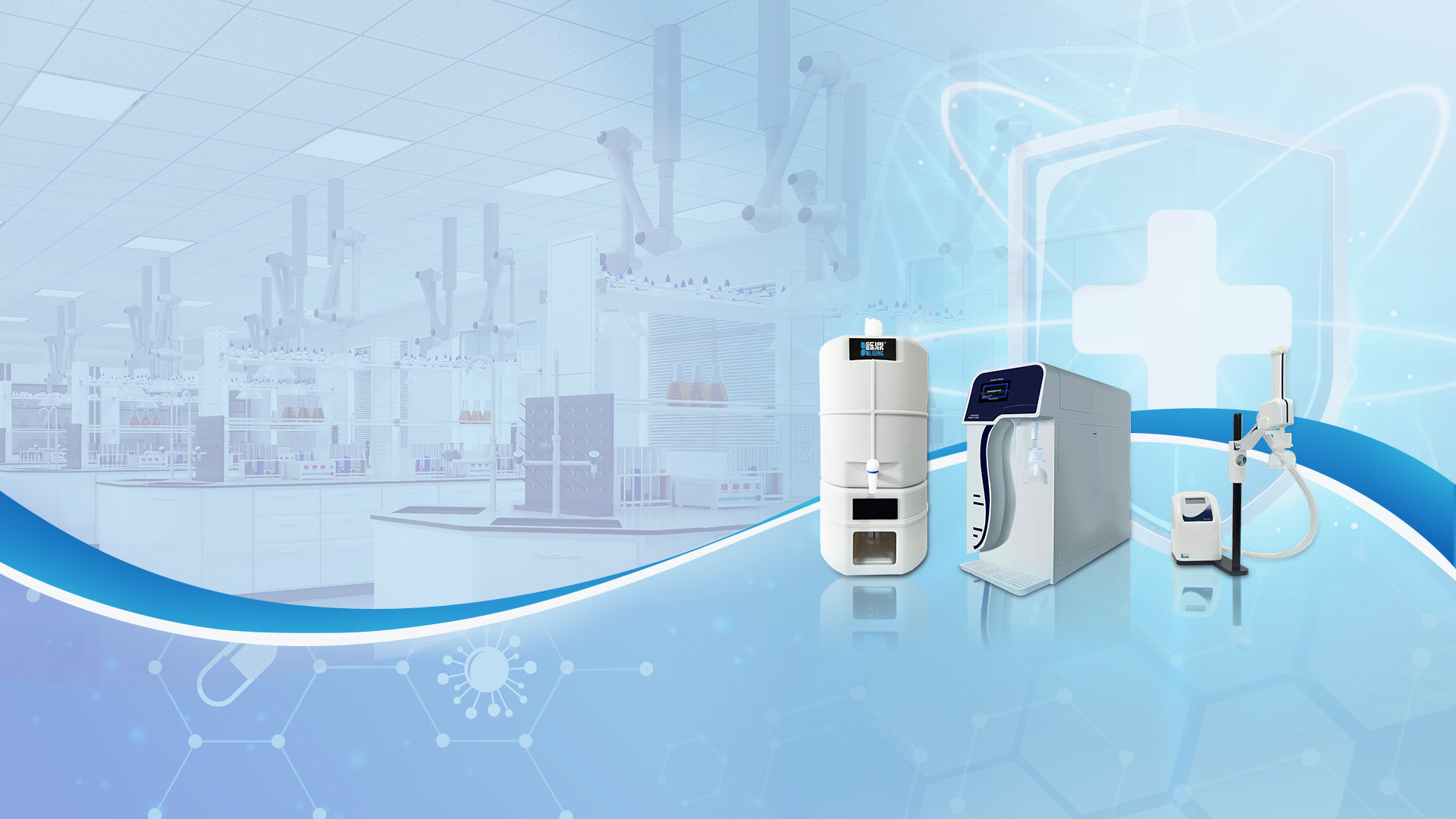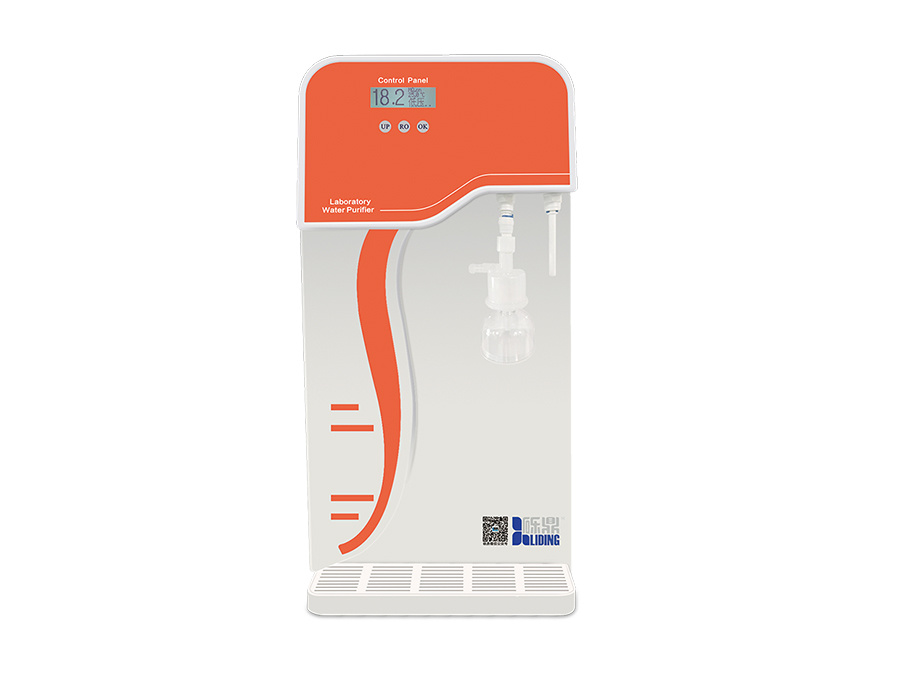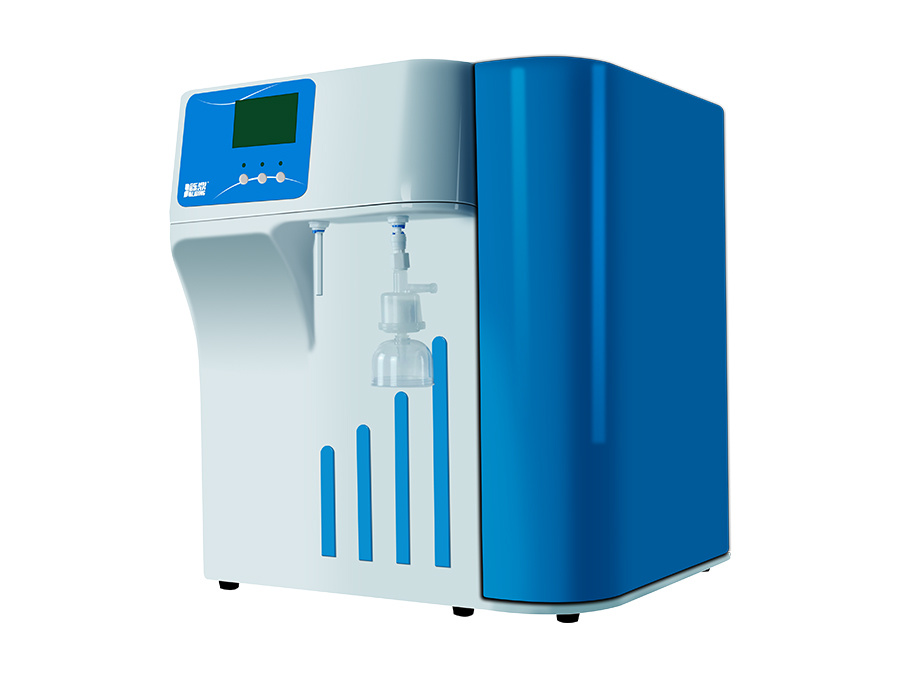The Essential Guide to Deionized Water in Industrial Applications
Time:
Oct 02,2025
Deionized water, often referred to as demineralized water, is water that has had its mineral ions removed, including cations such as sodium, calcium, iron, and copper, as well as anions like chloride and sulfate. This purification process is crucial in various industrial applications, especially in high purity water systems where the presence of these ions can lead to unwanted chemical reactions or contamination.
One of the primary methods for producing deionized water is through ion exchange. In this process, water is passed through ion exchange resins that capture and remove ionic impurities. The result is water that is significantly purer than standard tap water, making it ideal for sensitive industrial applications. This level of purity is essential for industries such as pharmaceuticals, electronics manufacturing, and laboratories, where even the smallest impurities can compromise product quality and safety.
In addition to ion exchange, reverse osmosis (RO) is frequently used in conjunction with deionization to further ensure water purity. RO systems apply pressure to push water through a semi-permeable membrane, effectively removing a wide range of contaminants. This two-step process—RO followed by deionization—yields water that meets the stringent purity standards required in many industrial sectors.
The applications of deionized water are vast. In the electronics industry, it is used in the fabrication of semiconductors, where any ionic contamination could lead to defects in the microchips. Similarly, in the pharmaceutical field, deionized water is critical for the preparation of solutions and formulations, ensuring that no unwanted ions interfere with chemical reactions or efficacy.
Moreover, deionized water plays a significant role in cooling systems, boiler feed water, and even in car washes, where its lack of minerals prevents water spots and streaks on surfaces. Industries are increasingly turning to deionized water not just for its purity, but also for its role in promoting environmental sustainability. By minimizing the need for harsh chemicals, deionized water systems contribute to reducing the overall chemical footprint of industrial operations.
In conclusion, deionized water is an essential component in various industrial applications, particularly in water treatment and high-purity water production. Its ability to remove unwanted ions makes it invaluable for maintaining product integrity and ensuring compliance with industry standards. Understanding its significance can lead to more efficient processes and improved outcomes across multiple sectors.
One of the primary methods for producing deionized water is through ion exchange. In this process, water is passed through ion exchange resins that capture and remove ionic impurities. The result is water that is significantly purer than standard tap water, making it ideal for sensitive industrial applications. This level of purity is essential for industries such as pharmaceuticals, electronics manufacturing, and laboratories, where even the smallest impurities can compromise product quality and safety.
In addition to ion exchange, reverse osmosis (RO) is frequently used in conjunction with deionization to further ensure water purity. RO systems apply pressure to push water through a semi-permeable membrane, effectively removing a wide range of contaminants. This two-step process—RO followed by deionization—yields water that meets the stringent purity standards required in many industrial sectors.
The applications of deionized water are vast. In the electronics industry, it is used in the fabrication of semiconductors, where any ionic contamination could lead to defects in the microchips. Similarly, in the pharmaceutical field, deionized water is critical for the preparation of solutions and formulations, ensuring that no unwanted ions interfere with chemical reactions or efficacy.
Moreover, deionized water plays a significant role in cooling systems, boiler feed water, and even in car washes, where its lack of minerals prevents water spots and streaks on surfaces. Industries are increasingly turning to deionized water not just for its purity, but also for its role in promoting environmental sustainability. By minimizing the need for harsh chemicals, deionized water systems contribute to reducing the overall chemical footprint of industrial operations.
In conclusion, deionized water is an essential component in various industrial applications, particularly in water treatment and high-purity water production. Its ability to remove unwanted ions makes it invaluable for maintaining product integrity and ensuring compliance with industry standards. Understanding its significance can lead to more efficient processes and improved outcomes across multiple sectors.








